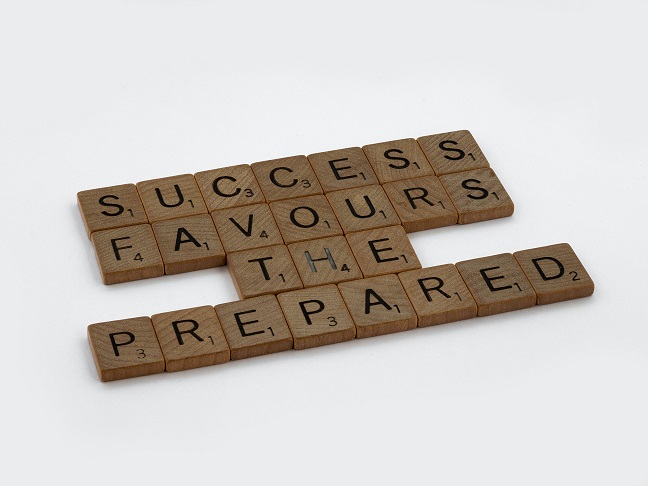Mediation is a process that can help couples who are separating or divorcing to reach an agreement about the issues arising from their separation. Those issues may include property division, parenting arrangements, child support, and spousal maintenance. Mediation is a less formal process than going to court and can often be quicker, cheaper, and less stressful for both parties. If you are thinking about mediation, it’s important to be prepared to make the most of this process. So, what do I need to do to prepare for mediation?
Here’s a few tips:
How to prepare for mediation
- Gather information about your finances
To make informed decisions about the financial issues arising from your separation, you need to have a good understanding of your financial situation. This means gathering together all the documents you have that relate to your finances, such as bank statements for the last 12 months, tax returns and notices of assessment for the last 3 years, superannuation statements (including a valuation if you have a defined benefit superannuation fund) , home loan documents, and so on. It’s important to have all this information, so you can make an informed decision during the mediation process and you are required to provide what is called disclosure, to the other party. Something as simple as opening the MyGov App and getting details of your superannuation balances, is a great start (and if you are using a lawyer, will also save you fees).
- Think about what you want to achieve
Before you go to mediation, it’s important to think about what you want to achieve from the process. What are your priorities? What are your future goals? Where do you want to be 5 years from now? Knowing what you want to achieve will help you to stay focused during the mediation and make it easier for you to make decisions.
- Get legal advice
It’s a good idea to get legal advice before you go to mediation. A lawyer can give you information about your rights and obligations and can help you to understand the legal process. They can also advise you about any agreements you reach during the mediation and can help you to prepare for the mediation. If you do think y you want legal advice, it’s best to invest in it before reaching an agreement, so that you make an agreement that aligns with the advice from your lawyer.
- Be open to compromise
Mediation is a process of compromise. It’s important to be open to compromise to reach an agreement. Be prepared to listen to the other person’s point of view, and be willing to consider their perspective. Remember that a compromise is not a loss, it’s a win-win solution. Ask yourself, how will life be better for me if we resolve this at mediation and can move on with life?
- Attend the mediation with an open mind
It’s important to attend the mediation with an open mind and a willingness to consider different options. You may not get everything you want, but mediation is about reaching a mutually acceptable solution. If one party does not feel they have been treated fairly in the process, this can have negative impacts on your future relationship (which is important if you have children).
- Be prepared to be flexible
It’s important to be prepared to be flexible when it comes to parenting arrangements. Keep in mind that what works for your child is the most important thing, not what works for you. Be prepared to make some compromises to reach an agreement that is in the best interests of your child. Be prepared to listen to suggestions from the social worker or mediator and the other parent’s viewpoint.
- Be prepared to work together
It’s important to remember that you and your partner have a shared goal during the mediation process, which is to reach an agreement. It’s important to work together to achieve this goal.
In conclusion, mediation can be a great way to reach an agreement about the issues arising from your separation or divorce. It’s important to be prepared to make the most of this process. By gathering information about your finances, thinking about what you want to achieve, getting legal advice, being open to compromise, attending the mediation with an open mind, being prepared to be flexible, and working together with your partner, you will be in the best position to reach a mutually acceptable agreement.
We use the Our Family in Two Homes Resource with all our mediation clients, to help you be better prepared for mediation. We also conduct a 2-hour individual preparation meeting with each party, so we can properly get to know you, and what your concerns are, and discuss any other things you might need to do to improve the chances of reaching an agreement at mediation and answer that question “What do I need to do to prepare for mediation?” based on your individual situation and circumstances.
If you’d like to know more about what you need to do to prepare for mediation, read our post about the Recipe for successful communication in mediation.
To book a mediation or a free Discovery call, contact us today.
Photo by Brett Jordan on Unsplash

